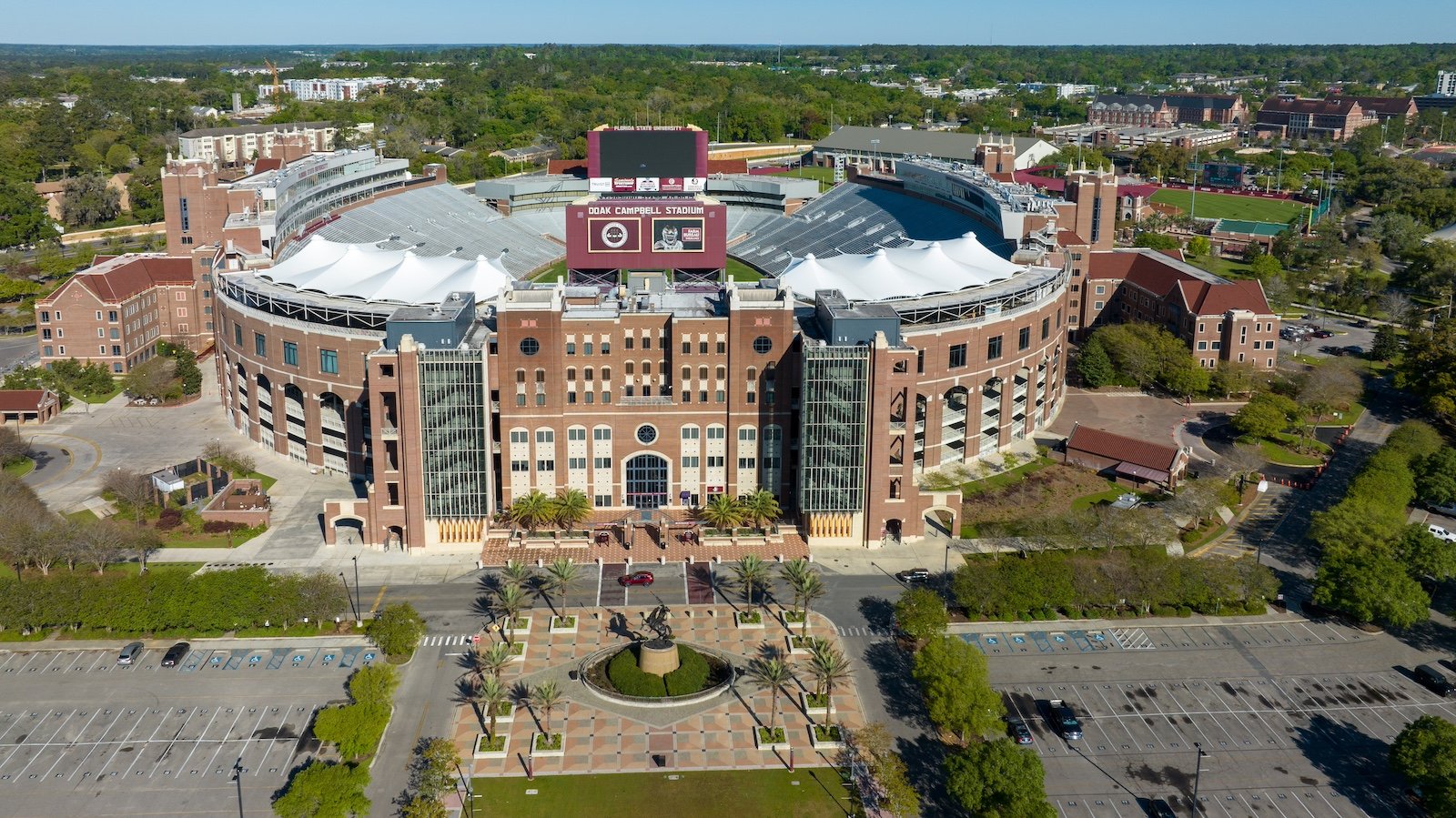Regardless of where you live in the United States of America, taxes will probably be a common part of your financial life. However, some residents get tax relief because their states don’t charge a separate individual income tax. Some states also levy a relatively lower income tax rate than others, making them tax-friendly.
This article covers 13 states with the lowest income taxes so you can decide where to relocate and settle for financial advantage.
Alaska

Alaska is a tax haven because it doesn’t charge any personal state income tax. Sales tax is also not levied throughout Alaska, reducing the indirect tax burden on its residents. People living in Alaska only have to pay federal taxes at an average rate of 10.94%. So, if you earn $70,000/yearly, you will have to pay income tax of approximately $7,660, which is much lower than the tax levied in other American states.
Wyoming

Wyoming ranks second-lowest in terms of combined state-local tax burden. The state doesn’t charge individual income tax, corporate income tax, and inheritance tax. However, Wyoming does levy sales tax at 4%. Some individual counties in Wyoming may charge additional taxes. The federal income tax averages 10.94%, while the marginal tax rate is 22%.
Tennessee

Tennessee is among the nine American states that don’t charge any state income tax on their residents’ income. The state has no inheritance or estate taxes but charges a state sales rate of 7%. According to a 2022 data study, Tennessee experiences the third-lowest tax burden out of all 50 American states. Tennessee residents typically pay an average combined tax rate of 9.55%.
South Dakota

South Dakota has no individual income tax and ranks as the fourth-lowest state in terms of state-local tax burden. Residents living in South Dakota are charged sales tax at 4.50%, and their combined state and local sales tax rate typically averages 6.40%. There are no corporate incomes taxes and inheritance taxes, so residents aren’t burdened with high taxes. The marginal federal tax rate is 22%, while the effective rate is 10.94%.
Michigan

Michigan is a state with the fifth-lowest burden regarding combined state-local taxes. Whether you live in Michigan or earn money remotely from this state, you will have to pay the state income tax of up to 4.25%, depending on the income. Michigan levies a state sales tax at 6%. However, the available deductions and tax credits offer much relief to taxpayers by lessening their tax liability.
Texas

Texas is among the few states with zero individual income tax. The state relies primarily on sales tax, property tax, corporate income tax, etc., to fund its daily operations. It ranks as the sixth-lowest state with the least state-local tax burden. However, residents must pay federal taxes on annual income at an effective tax rate of 10.94% and a marginal tax rate of 22%.
North Dakota

North Dakota charges an average state tax rate on income of 1.1% and a marginal tax rate of 2.04%. While the residents of North Dakota also pay federal taxes, the state still ranks as the seventh-lowest American state with the lowest tax burden. Others, like Maryland, Iowa, New Jersey, etc., have much higher tax burdens than North Dakota, making it a relatively tax-friendly state.
Georgia

Georgia is ranked the eighth-lowest in tax burden, with an average state-local tax rate of 8.90%. Whether you’re a state resident or make money from a source in Georgia, you’ll be subjected to a state income tax rate in the 1% to 5.75% range. Residents in Georgia are eligible for standard and itemized deductions, exemptions, and state income tax credits, which reduces the overall tax burden on individuals and businesses.
South Carolina

South Carolina residents pay an average combined state-local tax at 8.9%, making it the ninth-lowest state with tax burdens. Besides the federal tax of 10.94% (effective) and 22% (marginal), people in this state pay state income taxes in the 0% to 7% range, depending on their income. Individuals and businesses filing income tax returns can use eligible deductions and tax credits to lessen their tax liability.
Oklahoma

Oklahoma is considered the tenth-lowest state in terms of tax burdens, with an average combined state-local tax rate of 9%. Residents in Oklahoma are charged a state income tax in the 0% to 5% range, depending on their total annual income. An additional sales tax is also levied at 4.5% throughout the state. Since Oklahoma offers plenty of deductions and tax credits to lower the tax liability, it is considered relatively tax-friendly compared to other states.
Florida

Florida ranks eleventh in terms of the lowest combined state and local tax burden in the entire U.S. It doesn’t levy any individual income tax or inheritance tax, giving relief to its citizens. However, the residents must pay federal taxes at an average rate of 10.94%. The marginal tax rate stands at 22%. The best part about Florida is that the state doesn’t impose taxes on the resident’s social security benefits, retirement income, pensions, etc.
Louisiana

Louisiana levies a state income tax on all its residents and non-residents who earn from any source in Louisiana. The state income tax is typically charged in the 2% to 6% range, depending on one’s income. A sales tax is also charged at 4.5%. Since the residents in Louisiana pay an average combined state-law tax of 9.1%, it ranks as the twelfth-lowest state in terms of tax burdens. While Federal taxes are also to be paid at 10.94% (effective) and 22% (marginal), the available tax deductions and income tax credits lessen the tax liability.
Missouri

Placed at the thirteenth position by the Tax Foundation study, Missouri has an average combined state-local tax rate of 9.3%. Missouri charges state income tax up to 5.4%, depending on the individual’s annual income. A sales tax is levied at 4.225%, and the county and city determine the property taxes. The state offers numerous tax deductions and credits to offer relief to tax payers, reducing their overall tax liability.


